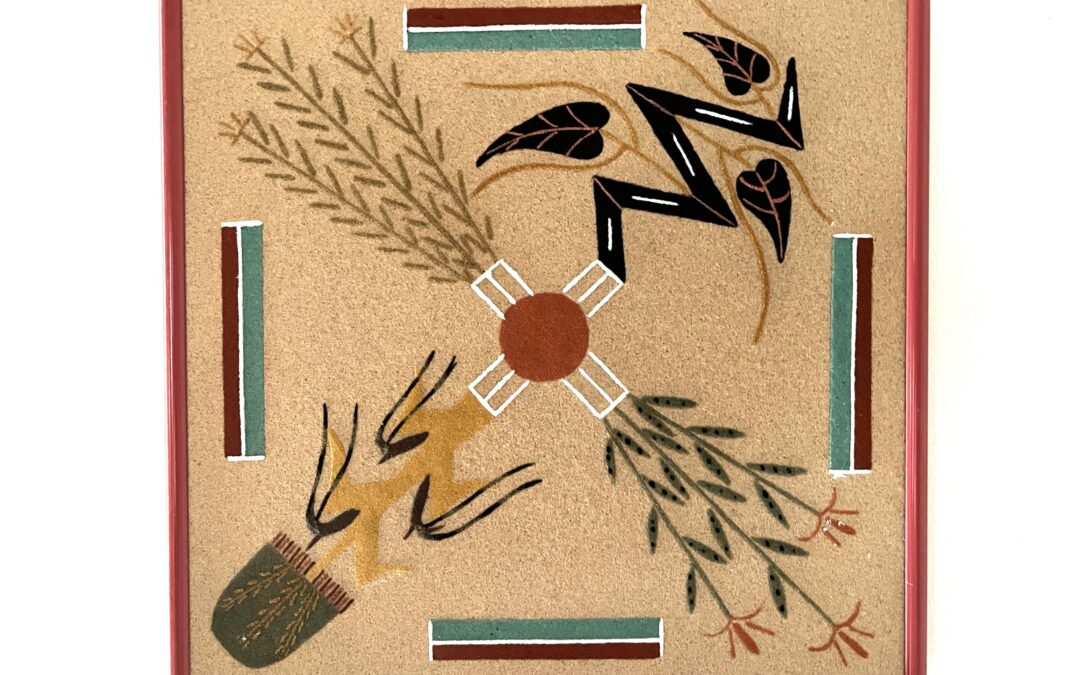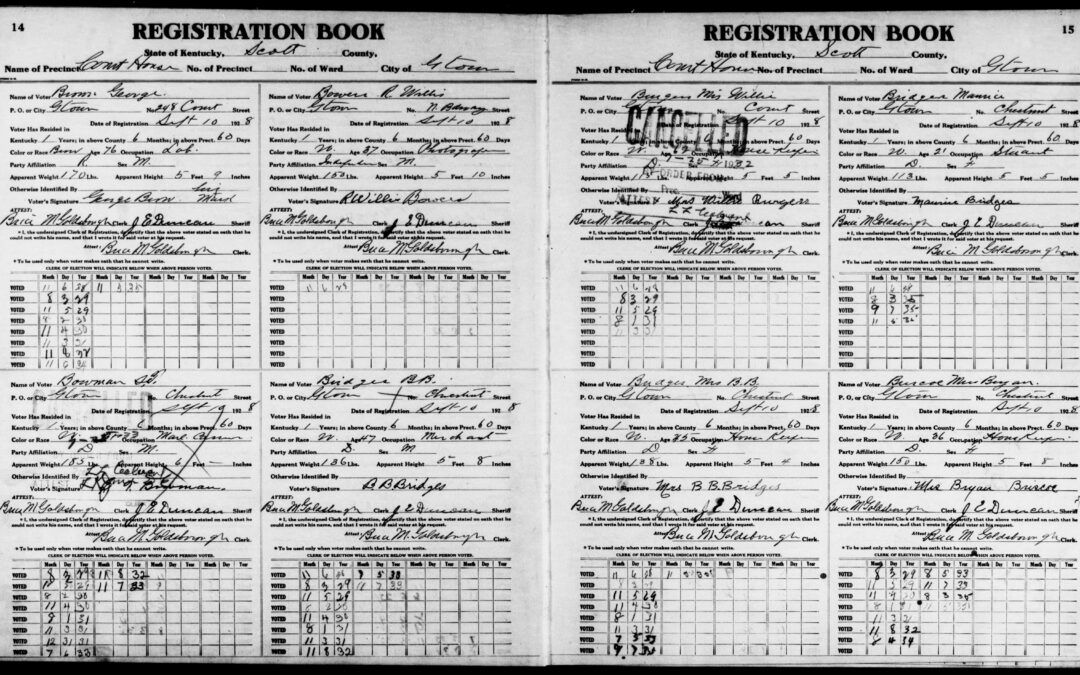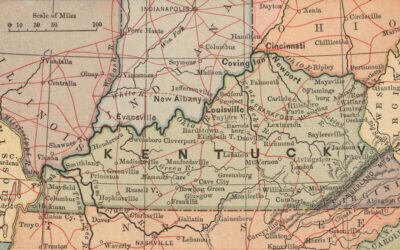The genealogist can use church records of various sorts for two kinds of information. The first is vital statistics, births, deaths, marriages. The second is for description, finding out something about the person being investigated. Here the information available in church records has great potential.
What You Can Discover in Church Records
What would you expect to find in church records? Sometimes you can find basic, vital statistics of births, deaths, and marriages in church records. In churches that practice infant baptism, it is quite common to be able to identify when a person was born (birth dates frequently being kept as well as the actual baptism date), the date of baptism, the identification of parents, sometimes including maiden name of mother; in recent years grandparents on both sides are listed, especially if members of the same congregation.
You can also find marriage records, including maiden names and occasionally the names of parents. Funeral records usually indicate when a person died, or at least when they were buried. And sometimes with funeral records, one can find notes on spouse, parents, children.
These basic records can provide you with essential information since most states have been in the vital statistical record-keeping business for less than a century; and, when local records have been destroyed through a courthouse fire, the church records are a means by which the data can be obtained.
Less Obvious Genealogical Discoveries
There is much more that can be gleaned from church records. For instance, many churches from time to time made lists of current members in good standing, and then wrote in comments on that list as appropriate.
In Kentucky, especially in churches that practiced adult or believers’ baptism rather than infant baptism, this is where you will find some basic information. Many times there will be notes on when a person died or was buried, sometimes even the cause of death. You will find notes about a person moving from that church to another, usually another town.
Be careful here, for you will sometimes find the comment by the name, “dismissed,” or some abbreviation of the word. You might think that dismissed means something like ex-communicated, but in Baptist circles, for instance, and others as well, a person who was dismissed was given a letter stating that the person was a member in good standing, and encouraged other churches to welcome that person without further questioning. Such church records will read something like this: “Dismissed, to Frankfort Baptist Church.”
Such information could be most helpful for you in determining when a person moved, and where you need to look. You will also find in these records sometimes that Brother Smith has been received into membership by letter from the Georgetown Christian Church. Such information would be a clue as to your next place of research.
Actions Taken by the Church
Sometimes in these membership lists and their accompanying minute books (from congregational or church board meetings) you will find notations about a church member being “admonished” or “censured” or excommunicated, although the language for excommunication might be “excluded” or “disfellowshipped” or some such term.
Frequently the records will indicate why, in graphic detail on occasion, such action was taken. Sometimes you will also find a note indicating that after due repentance the person has been accepted back into the fold. All of this is useful in filling in the picture of the persons in which you have interest; further, you also learn something about the values and issues of the day. A good knowledge of history and church history can help immensely in interpreting some of the references to be found in such records.
It should be noted that one of the major shortcomings of many genealogists is they do not keep in mind the context of the lives which they are studying. A one volume history of religion in America that will give you the religious historical context of your American is a book by Sydney Ahlstrom, A Religious History Of The American People, published in 1972 by Yale University Press.
Was Your Ancestor a Church Leader?
There is still more to be found in local church records. You will find indications as to whether or not your person ever exercised leadership in the church, locally or at some level beyond the local church. Records of the congregation, the official board, organizations within the church, ranging from church school and youth groups to missionary societies and men’s and women’s groups will all generate some records, if they are kept, and references will be found in these to leaders.
Church records, especially financial records, might indicate levels of financial support of your person for the church and its work. (Financial records showing giving by individuals will be available only years later, if at all.) This sometimes will give you some idea of the general wealth and standing in society of that person.
If the person you are researching happens to be a minister, and many of you at one time or another will run into a minister in your family tree, then church records will give you far more information about the life and thoughts of the person you are researching.
Other Religious Records of Interest
From fairly early in this century, printed worship bulletins and church newsletters have become sources of information about the births, baptisms, marriages, and deaths, as well as the church activities of parishioners. If you need to check twentieth-century church records, this could be another resource.
If they are not available in the local church, seek the minister’s private files and also the church historical society, for many are kept in those. This is a modern resource which will become more and more important as the years go by.
It should be added that virtually all of the records to which reference has been made thus far will have no guide or index. You will have to use them according to what you know about the time you are checking and the peculiar organization of the papers with which you are working.
Final Words of Advice
In all cases, local church records held by local churches, and also the private records of ministers who still have their records in their or in their families’ possession, all of these are private records. No one has a right to these records except as provided for in the by-laws of the churches.
All who engage in research in old records sometimes need to be reminded that much of the time access to information is by courtesy, not by necessity, and for that we should be grateful, and not be too put out when not allowed access. Keep in mind too that some church records might be mixed in with private pastoral materials, materials that not even the highest court in the land can successfully subpoena.
This is part one of a two-part series about religious records. In part two, we discuss where to find religious records.
Reference
Editor’s Note
Dr. Richard L. Harrison, Jr. was a featured speaker at the 1983 Seminar of the Kentucky Genealogical Society. He was a professor of Church History and past President of Lexington Theological Seminary. He has written extensively on church history. This a copy of Dr. Harrison’s address at the Seminar.





